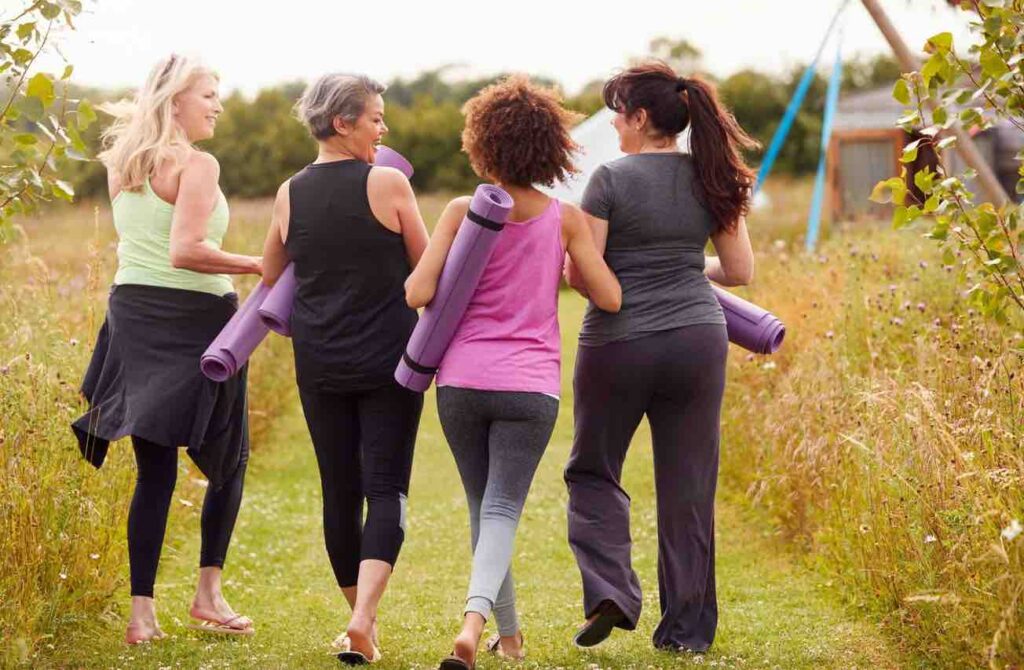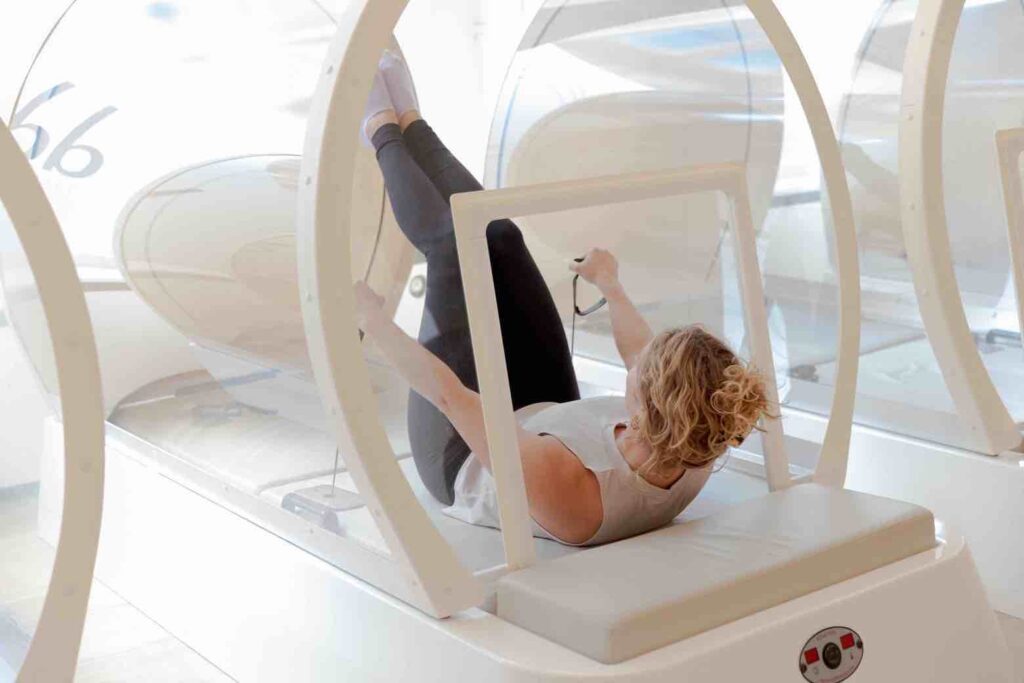Menopause without complaints
Every woman comes into contact with it, the transition, or the transition from fertility to infertility. It is a period about which people often think mildly, but in some cases there is a lot involved to get through menopause without complaints.
You can certainly do things to deal with this phase in a positive way and thereby mitigate some effects or go through the menopause without complaints. You can do a lot, especially in the field of nutrition, lifestyle and exercise. Here are the facts, tips & tricks at a glance.
Menopause without complaints
Every woman goes through menopause. About 80% of them experience complaints and 34% so severe that they are hindered in daily life. The transition usually starts around 45, but can also start much earlier. They are the years before, around and after the last menstrual period. Menopause actually takes place on one day, namely the day of the last menstrual period. After the menopause, the hormones come into a new balance.
Some women have no symptoms at all during the menopause. Are you curious how this works and what you can do to stay as free as possible without complaints? We’re going to explain that.
The menopause has two phases
Hormonally speaking, the menopause has roughly two phases and the characteristics differ greatly in intensity per person. In the first phase, the peri-menopause, the progesterone level falls, causing estrogen to rise relatively speaking. In this phase we also speak of estrogen dominance. The second stage, post-menopause, also causes estrogen levels to drop because the ovaries stop working. This is often the period around the menopause, so when your periods become irregular and stop. The end period is the hardest for some women, but hang in there, because the period after the menopause is referred to by many women as the happiest period of their lives.

Symptoms of the menopause with great tips
Overweight
Around the menopause you only need 65% of the calories you needed in your twenties. Your metabolism slows down due to a decreasing progesterone and this process is quite fast. Subsequently, a falling estrogen level causes more belly fat, which unfortunately often means that the waistline disappears. As if that wasn’t bad enough, your hunger pangs increase. It is therefore advisable to adjust your eating habits in time and to learn to deal with your hunger pangs.
Belly fat and strength training
Many women develop a tummy tuck during menopause, especially around the stomach area and waist. Strength training helps to lose belly and waist fat. Regular training with weights ensures a toned and streamlined figure. This is apparent from various (scientific) studies. Other benefits include increased energy and strength and improved bone density and balance.
Decreasing bone density
Bones are protected by the hormones estrogen and progesterone. Around and after the menopause there is a decrease in these hormones, causing bone breakdown. Sufficient calcium-rich products (such as green leafy vegetables, no dairy products because this is counterproductive) and products with vitamin D are important for the prevention of osteoporosis. You can also supplement calcium and vitamin D. It is also important to choose workouts that put stress on your bones. Walking and climbing stairs are also healthy activities.

Discuss the transition with a coach
Are you (almost) in the transition? We have great programs to get fit again and great coaches to spar with. You can read more information about our programs on the website. Or make an appointment on our website for a free trial lesson.
